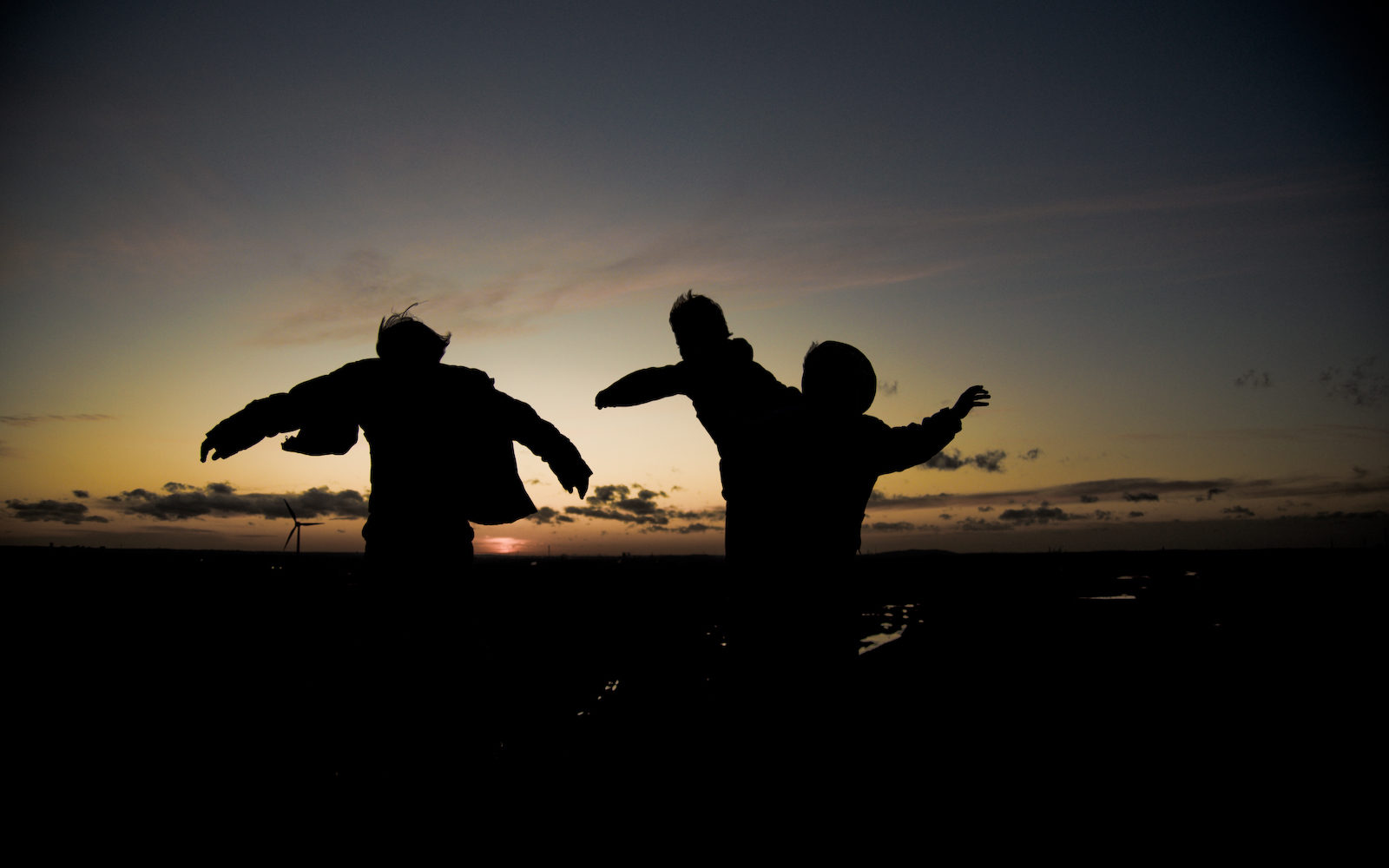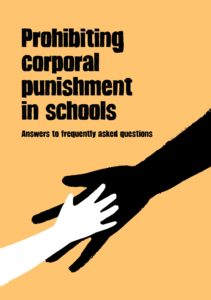Guest feature: How to end corporal punishment in Lebanon’s schools
Why this matters
Corporal punishment in schools violates children's right to education, health and development, and to freedom from violence, and has been shown to negatively affect educational outcomes and contribute to school drop-out. Governments are obliged under international law to prohibit corporal punishment for all children in all schools and ensure that school discipline methods respect children’s human dignity and conform with the UN Convention on the Rights of the Child.
The children I met in Lebanon had been beaten, abused, or humiliated by school staff, the adults responsible for protecting and teaching them. One boy said his teacher whipped his hand with an electrical cable, causing a deep wound that was bleeding for days. A teacher gave a girl such an intense beating that her face was swollen and “red like tomatoes” when she went home hours later, her father said. Another boy said his teacher hit him in the face with a book, knocking out two teeth, after he asked to use the bathroom.
Children's accounts of violence
My colleagues at Human Rights Watch and I interviewed 51 children who had stories of abuse by school staff during our research in Lebanon.
These cases are even more shocking because corporal punishment and verbal abuse have been banned in schools since 1974, but Ministry of Education decrees are too often ignored. Study after study has found widespread abuse. In 1998, a survey found 40 percent of Lebanese schoolchildren suffered physical violence by their teachers. In a 2011 survey that had grown to 76 percent of children.
Lebanese children are not the only victims. In less than a decade, enrollment in Lebanon’s public schools has doubled due to the influx of refugee children from Syria. A 2014 government education plan -- citing another survey that found 70 percent of Syrian children reported being hit by school staff -- warned that “existing corporal punishment practices are likely to make violence an increasing resort” for under-prepared teachers facing crowded classrooms.
Syrian children told us about being targeted for insults and abuse at school due to their national origin. In one Syrian refugee community, every family stopped sending their children to a Lebanese public school for a week in early 2018 until the school director promised that teachers would stop hitting the children and start allowing them to use the bathroom. In another community, a Syrian family said school staff threatened to report them to the police if they persisted in their complaint about an abusive teacher. Like most Syrian refugees in Lebanon, the family lacked legal residency and was therefore at risk of arrest, abuse and exploitation.
What should be done
The ministry’s decades-long ban on corporal punishment has been ineffective for a simple reason: a lack of enforcement. Parents who complained said school officials typically rebuffed them, and in some cases teachers or the school director hit the child again in retaliation. The education ministry set up a hotline and referral system for complaints, but families said they typically received minimal or no information about how or whether the complaints were handled. The ministry told Human Rights Watch that it received 195 complaints since 2017, and that it follows up every case, but does not publicize the results. None of the cases we documented were referred for criminal investigation, unless parents complained to the police directly.
The excuse that corporal punishment is an accepted “cultural norm” was shattered when popular outrage at a viral video of a private school teacher beating young boys with a stick drove reforms to Lebanon’s penal code in 2014. In that revision, a defense for beating children at school in the name of discipline was rightly removed. While the penal code should be further revised to explicitly criminalize corporal punishment in all cases, claims about supposed cultural attitudes toward cultural punishment cannot justify human rights abuses against children.
In May 2018, the education ministry issued a policy for protecting children in school—a positive step, which is to be implemented in all schools by 2020. It offers an opportunity to finally end corporal punishment of students. The ministry should prioritize enforcement: by informing parents and students that any and all hitting and abuse is prohibited, and by showing it is serious about dealing with complaints by publishing information on the results of its investigations. To ensure that parents and children feel they can complain safely, the ministry has already committed to follow up on anonymous complaints. It should publicize that commitment. The ministry should work with nongovernmental organizations that refer complaints from families in vulnerable situations, and that have resources and expertise that the education system lacks to follow-up cases.
International donors should also step up. They support education for vulnerable Lebanese and Syrian children. For the effectiveness of their own aid programs, they should work with the education ministry to enforce the ban on violent discipline at school, and to ensure that teachers are effectively trained.
It’s time for Lebanon, with international support, to finally get serious and make the common-sense reforms that will end corporal punishment at school.
[Editor's note: Corporal punishment in schools is not prohibited in legislation; it is prohibited in policy in public schools only. More info at https://endcorporalpunishment.org/reports-on-every-state-and-territory/lebanon/]

Stock image by Felix Montino. Link to original source
Guest writer
Bill Van Esveld, Senior children’s rights researcher at Human Rights Watch
Bill Van Esveld is a senior children’s rights researcher at Human Rights Watch, where he has been working on children’s rights in the Middle East and North Africa since 2015, prior to which he focused on Israel, the West Bank and Gaza. Human Rights Watch highlights that children are often easily exploited, in many cases by the very individuals responsible for their care, and works to help protect children around the world so they can grow into healthy adults.
Contact @billvanesveld
Related resources


